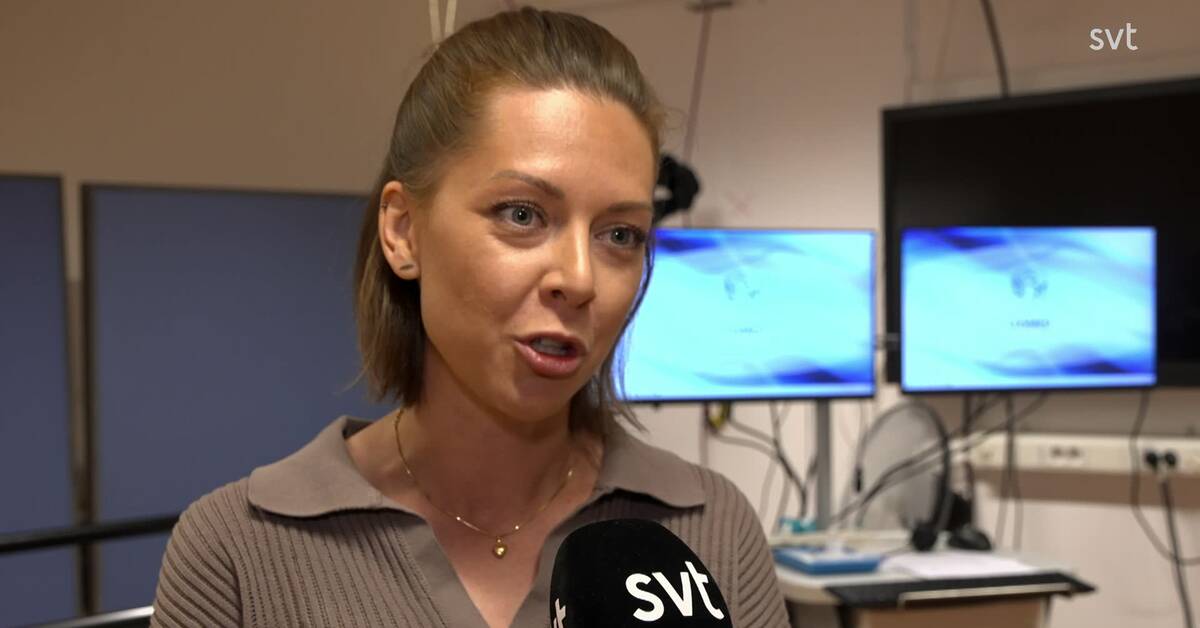Andreas Almgren is one of several Swedish fitness athletes included in the study.
Other participants are anonymized, but they are active national team members in sports such as cycling, orienteering, triathlon, cross-country skiing and athletics.
Lina Nilsson, PhD student at GIH in the Department of Physiology, Nutrition and Biomechanics, is the one responsible for the study and conducts the tests together with her supervisor Filip Larsen.
- It is quite unique that we follow athletes at this level for as long as a year.
And unlike studies where we go in and direct, here we follow the athletes in their everyday life, she explains.
Measures sleep and blood sugar level
Some of the measurements are taken at GIH's lab, where the athletes do physical tests and provide various samples.
But the rest of the measurements take place remotely to facilitate participation in the study.
- They estimate different variables in an app every day.
They use a ring that measures sleep and for some periods they wear a blood sugar meter so we can monitor their blood sugar levels throughout the day.
We also send out surveys that deal with mood and well-being approximately every five weeks.
When the study is complete, a date that is currently fluid because the athletes began the tests at different times of the year, a large amount of data will have been collected.
Want to reduce the risk of overtraining
The purpose of the study is to see what relationships exist between different measurement values.
What do the athlete's values look like when they perform well and what do the athlete's values look like when they perform worse, get sick or injured?
In this way, Lina Nilsson hopes to find a model that can reduce the risk of overtraining.
- Athletes at this level lie and balance on a very high load.
So it's about finding a line.
What is enough and what is too much?
There we hope to find out which values the athletes need to keep track of so they don't cross the line.
What could be a risk factor?
- We have seen in previous studies that elite athletes have a weaker blood sugar.
For one thing, they can get slightly higher peaks, which doesn't have to be negative as far as we know.
But they also have longer periods of low blood sugar levels.
- This applies above all at night, where the importance of recovery is at its greatest, which can be negative for recovery.
One of the things we want to check further is whether it can also affect sleep negatively, says Lina Nilsson.

